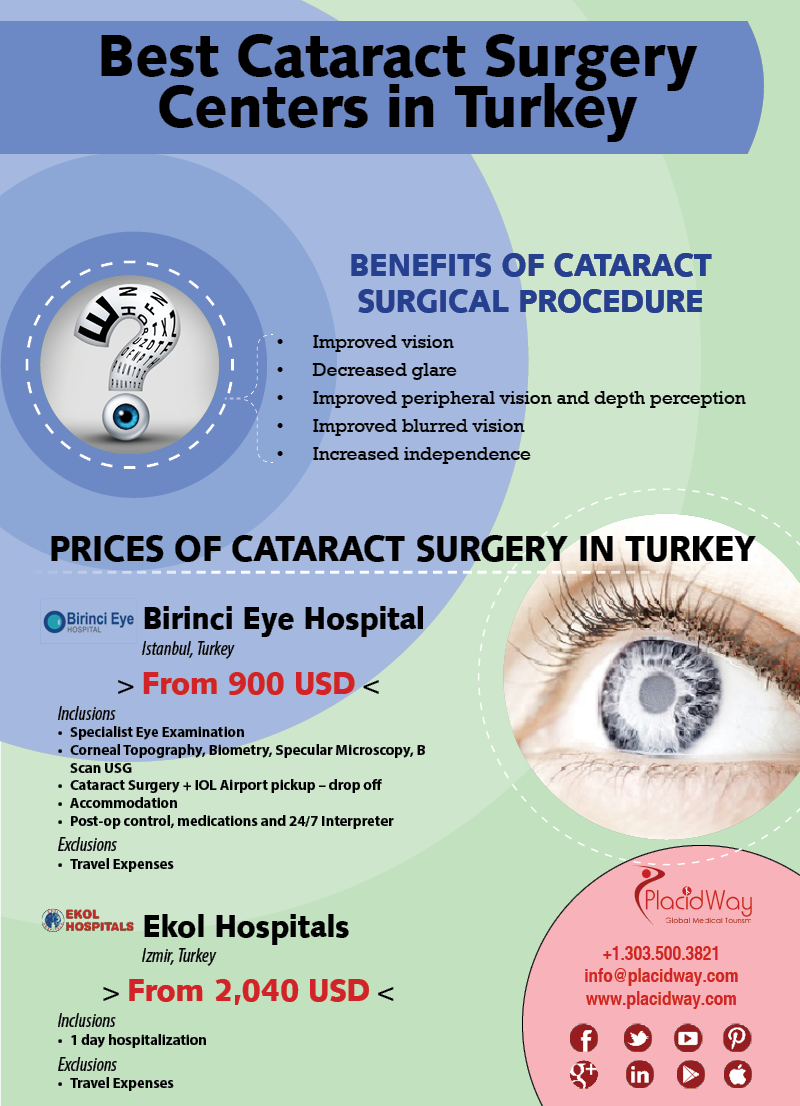Exactly How To Support A Family Member Facing Cataract Surgery: A Caregiver'S Viewpoint
Exactly How To Support A Family Member Facing Cataract Surgery: A Caregiver'S Viewpoint
Blog Article
Uploaded By-Bynum Bernard
As a caregiver sustaining an enjoyed one encountering cataract surgery, your role is essential in guaranteeing their convenience and recovery. From pre-surgery preparations to post-operative treatment, your presence and aid can make a considerable distinction in their journey. Recognizing the psychological and physical challenges they may experience, supplying sensible help, and being their pillar of support are key elements in this process. Keep in mind, your duty surpasses simply using support; it's about being a source of strength and comfort throughout a substantial phase in their life.
Recognizing Cataract Surgical Procedure Process
Exploring the steps involved in cataract surgery can aid minimize any kind of stress and anxiety or uncertainty you may have about the procedure. Cataract surgical procedure is a typical and highly successful procedure that involves getting rid of the over cast lens in your eye and changing it with a clear synthetic lens.
Before the surgical treatment, your eye will be numbed with eye decreases or an injection to ensure you do not really feel any discomfort throughout the treatment. The specialist will make a tiny cut in your eye to access the cataract and break it up making use of ultrasound waves before carefully removing it.
When the cataract is eliminated, the man-made lens will be inserted in its location. The whole surgical treatment normally takes about 15-30 minutes per eye and is usually done one eye at a time.
After the surgery, you may experience some mild pain or blurred vision, yet this is typical and must boost as your eye heals.
Preparing for Surgery Together
To make sure a smooth and trouble-free experience, getting ready for cataract surgery with each other can make a substantial difference in your loved one's journey. Begin by going to pre- Risks Of LASIK with them. In Laser Vision Center , you can ask questions, comprehend the procedure, and provide emotional support.
Help them organize their pre-operative directions, medicines, and transport to and from the medical facility. Ensure their home is ready for their recovery by establishing a comfy room with very easy access to vital items.
Assist them in arranging for post-operative care if needed, such as assist with dishes or home chores. Encourage them to adhere to the doctor's advice relating to fasting before surgical procedure and medicine methods.
Assure them that you'll be there for them every step of the means. By proactively joining the preparation process, you can relieve stress and anxiety and ensure that your loved one really feels sustained and taken care of during this important time.
Post-Operative Treatment Tips
After cataract surgical treatment, providing proper post-operative care is essential for your enjoyed one's recovery. Guarantee they put on the protective shield over their eye as advised by the doctor. Help them provide prescribed eye declines and drugs promptly to prevent infection and help recovery.
Motivate your loved one to avoid touching or scrubing their eyes, as this can bring about complications. Assist 2 month old cataract surgery in following any kind of constraints on bending, raising hefty items, or joining laborious activities to avoid stress on the eyes. Make certain they attend all follow-up consultations with the eye physician for checking development.
Keep the eye location clean and completely dry, avoiding water or soap straight in the eyes. Motivate your loved one to wear sunglasses to shield their eyes from brilliant light and glare during the healing procedure. Be patient and supportive as they recoup, offering help with day-to-day jobs as needed.
Final thought
Finally, sustaining a loved one via cataract surgical procedure involves existing every action of the means, from pre-surgery prep work to post-operative treatment. Your emotional support, functional support, and motivation can make a substantial difference in their recuperation process. By staying notified, organized, and mindful to their demands, you can assist ensure an effective outcome and provide them with the comfort and reassurance they need during this challenging time.
